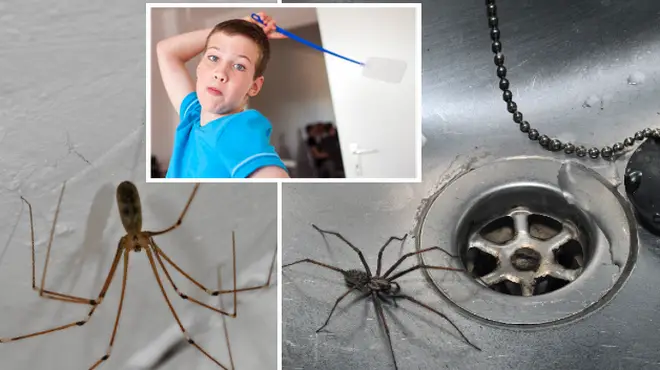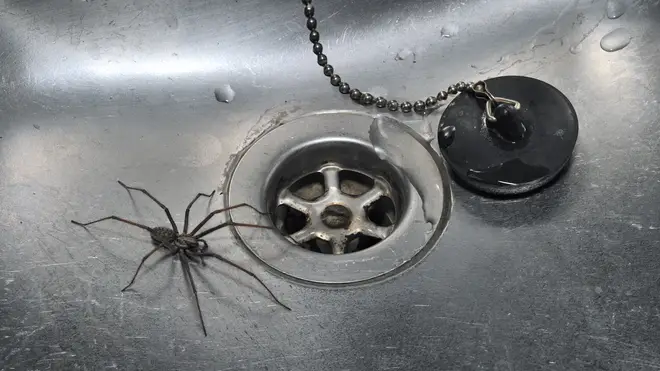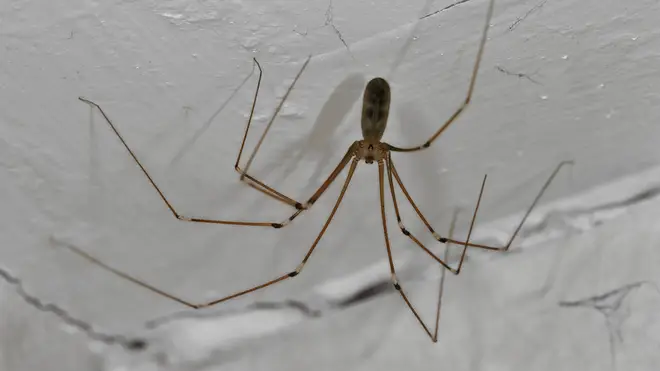On Air Now
Saturday Breakfast with JK & Kelly Brook 9am - 12pm
19 September 2019, 17:34

It’s natural to fear our eight-legged friends but science says you shouldn’t kill creepy crawlies at home.
Spider season might be in full swing but if you're thinking about blitzing your house of creepy crawlies, you might want to think twice about how you remove them.
Many people are temped to trap, whack or even splat dead spiders lurking in the dark corners of their home, but killing any kind of arachnid can actually make your critter problem worse.
Household spiders are an important part of nature's eco-system, but they also do handy jobs around the home like prey on bacteria-carrying insects including cockroaches, mosquitos, earwigs and moths.
Read more: Study reveals what time spiders are most active, and where they’re hiding from you

Daddy long legs and harmless brown house spiders target disease-ridden pests, spinning intricate webs to collect them in, so they're essentially helping you clean up.
In fact, science says the eight-legged predators gobble up 800 million tonnes of insects every year all over the world – without them we would be drowning in a sea of bugs.
Biologist Martin Nyffeler, from the University of Basel in Switzerland, previously said: "Our calculations let us quantify for the first time on a global scale that spiders are major natural enemies of insects.
"In concert with other insectivorous animals such as ants and birds, they help to reduce the population densities of insects significantly. Spiders thus make an essential contribution to maintaining the ecological balance of nature."
Read more: Spiders in the UK: What species do we have and are they poisonous?

Still can't stand them? If you want them out of your home, don't squish them to pieces.
Simply place a jar over the spider and slide a piece of card underneath to keep them enclosed, then set them free in the garden.
The majority won't hurt you, they are rarely aggressive or dangerous, and even though most are venomous, many species' venom is too weak to impact humans – that's if their fangs can pierce the skin at all.
Spider bites are extremely rare, especially in the UK, and our furry friends want to avoid humans at all costs so there's very little reason to worry.
Read more: British man lures humongous spider with green fangs for hole outside his office
However, if you do suffer from arachnophobia, don't panic – and definitely don't flatten that spider with your nearest newspaper.
Just get a family member or a neighbour to apply the capture and release approach, and maybe thank little spidey for doing some serious pest control on the way out.